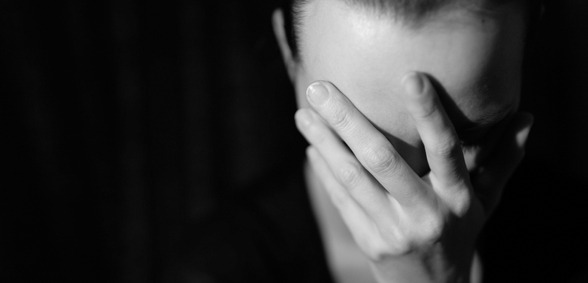
CREDIT: This story was first seen on BBC News
According to research for BBC School Report, half of teenagers with mental wellbeing issues try to cope alone; and a third said they were not confident enough to speak to a teacher.
At her lowest point, Grace made a “suicide video”, which she posted on YouTube.
“I’d get beaten up every week,” she says.
“Teachers wouldn’t do anything. I even heard the teachers talking about me behind my back.”
According to her mother, Sarah, Grace got some help through external music therapy and counselling but little support directly from her first two schools.
Support is better at her third school, where she helps as an anti-bullying ambassador. She is also a member of the National Anti-Bullying Youth board.
ComRes researchers questioned a representative sample of more than 1,000 UK-based 11- to 16-year-olds for BBC School Report:
- About 70% had experienced negative feelings in the past year, ranging from feeling upset and unhappy, to feeling anxious, frightened or unsafe
- 11% described themselves as “unhappy” overall
- 86% described themselves as “happy” overall.
They said the most important thing schools could do to support pupils’ mental wellbeing was to provide someone trustworthy to talk to confidentially, but:
- 18% described the help they were offered at school for their worries and concerns as “poor”
- 66% described the help they were offered at school for their worries and concerns as “good”
- Half said there was an allocated teacher they could talk to about worries or concerns
- 15% said their schools had appointed older students as mentors.
Separate research on just over 700 teachers found:
- Almost three-quarters (73%) would often or occasionally worry about a particular pupil’s wellbeing in their free time
- Over a third had not had any training on how to deal with pupils’ mental health issues
- A quarter said they would not know how or when to refer a young person in mental distress for help.
In January, prime minister Theresa May announced plans to transform attitudes to mental health, with a focus on children and young people.
The plans include better links between schools and NHS specialist staff and mental health first aid training for every secondary school.
Reacting to the School Report research, Edward Timpson, Minister for Vulnerable Children and Families, said the government would “transform mental health services in schools” and was commissioning research to help schools identify which approaches worked best.
“Growing up in today’s world can be a challenge for children and young people, so it’s vital that they get the help and support they need,” said Mr Timpson.
Don’t forget to follow us on Twitter, like us on Facebook, or connect with us on LinkedIn!

Be the first to comment